CONCERNS OVER SECURITY MOUNTS
입력 2022.03.21 (15:16)
수정 2022.03.21 (16:45)
읽어주기 기능은 크롬기반의
브라우저에서만 사용하실 수 있습니다.
[Anchor Lead]
Concern for security vacuum mounts as a simultaneous relocation for both the Ministry of National Defense and the Joint Chiefs of Staff is soon to take place. This unprecedented situation prompted eleven former chairmen of the Joint Chiefs of Staff to issue a statement staying that it is impossible to move the entire military command communication system in such a short time.
[Pkg]
The relocation of the presidential office makes it inevitable for the Ministry of National Defense, the Joint Chiefs of Staff, and the Capital Defense Command in Seoul to subsequently move or be rearranged. But the biggest concern is that there exists only a comprehensive plan for the Joint Chiefs of Staff to use the Capital Defense Command facilities without a detailed blueprint for subsequent rearrangement of key command facilities. At present, the JCS is equipped with facilities that are capable of overseeing the Navy’s tactical data system and the Air Force’s defense control system. Therefore, how quickly these systems can be moved is a key issue. But the budget for rebuilding these systems hasn’t even been brought up. Furthermore, in case the Capital Defense Command is moved, there needs to be discussions about how to seamlessly run combined military operations through the so-called CENTRIXS-K, the ROK-U.S. classified coalition networks operated by the American military. Military experts point out that a security vacuum might occur, given the time needed for such systems to run in a stable manner. Meanwhile, eleven former chairmen of the JCS issued a joint statement opposing the move. They highlighted that major communication networks such as the MND’s computer network, wartime communications network and the hotline between South Korea and the United States would not function properly. They also criticized that a new C4I system encompassing command, control, communications, computer and intel must be built when the MND and other military units are relocated. They also emphasized that this plan should not be rammed ahead like this.
[Soundbite] Kim Jong-hwan(Former Chair of JCS) : "I like the Yongsan era, but the time and means are wrong. Isn’t it a soldier's duty to be ready to fight in case of war? How can they be ready to fight in such a situation?"
If the JCS’s operation system becomes unstable, a ROK-U.S. combined exercise slated for next month could be disrupted. Also, North Korea has been increasing its missile provocations ahead of the 110th anniversary of Kim Il-sung’s birth in April. This means Seoul must be prepared with airtight defense readiness now more than ever. There are also concerns that such hasty relocation could cause security leaks during facility reconstruction. A former high-ranking official in the Defense Ministry claimed it would be a golden opportunity for foreign agents to infiltrate Korea’s security core and spy on it. There are also concerns that putting the president, the defense minister and joint chiefs of staff in one place could invite focused attacks in case of emergency.
Concern for security vacuum mounts as a simultaneous relocation for both the Ministry of National Defense and the Joint Chiefs of Staff is soon to take place. This unprecedented situation prompted eleven former chairmen of the Joint Chiefs of Staff to issue a statement staying that it is impossible to move the entire military command communication system in such a short time.
[Pkg]
The relocation of the presidential office makes it inevitable for the Ministry of National Defense, the Joint Chiefs of Staff, and the Capital Defense Command in Seoul to subsequently move or be rearranged. But the biggest concern is that there exists only a comprehensive plan for the Joint Chiefs of Staff to use the Capital Defense Command facilities without a detailed blueprint for subsequent rearrangement of key command facilities. At present, the JCS is equipped with facilities that are capable of overseeing the Navy’s tactical data system and the Air Force’s defense control system. Therefore, how quickly these systems can be moved is a key issue. But the budget for rebuilding these systems hasn’t even been brought up. Furthermore, in case the Capital Defense Command is moved, there needs to be discussions about how to seamlessly run combined military operations through the so-called CENTRIXS-K, the ROK-U.S. classified coalition networks operated by the American military. Military experts point out that a security vacuum might occur, given the time needed for such systems to run in a stable manner. Meanwhile, eleven former chairmen of the JCS issued a joint statement opposing the move. They highlighted that major communication networks such as the MND’s computer network, wartime communications network and the hotline between South Korea and the United States would not function properly. They also criticized that a new C4I system encompassing command, control, communications, computer and intel must be built when the MND and other military units are relocated. They also emphasized that this plan should not be rammed ahead like this.
[Soundbite] Kim Jong-hwan(Former Chair of JCS) : "I like the Yongsan era, but the time and means are wrong. Isn’t it a soldier's duty to be ready to fight in case of war? How can they be ready to fight in such a situation?"
If the JCS’s operation system becomes unstable, a ROK-U.S. combined exercise slated for next month could be disrupted. Also, North Korea has been increasing its missile provocations ahead of the 110th anniversary of Kim Il-sung’s birth in April. This means Seoul must be prepared with airtight defense readiness now more than ever. There are also concerns that such hasty relocation could cause security leaks during facility reconstruction. A former high-ranking official in the Defense Ministry claimed it would be a golden opportunity for foreign agents to infiltrate Korea’s security core and spy on it. There are also concerns that putting the president, the defense minister and joint chiefs of staff in one place could invite focused attacks in case of emergency.
■ 제보하기
▷ 카카오톡 : 'KBS제보' 검색, 채널 추가
▷ 전화 : 02-781-1234, 4444
▷ 이메일 : kbs1234@kbs.co.kr
▷ 유튜브, 네이버, 카카오에서도 KBS뉴스를 구독해주세요!
- CONCERNS OVER SECURITY MOUNTS
-
- 입력 2022-03-21 15:16:41
- 수정2022-03-21 16:45:23
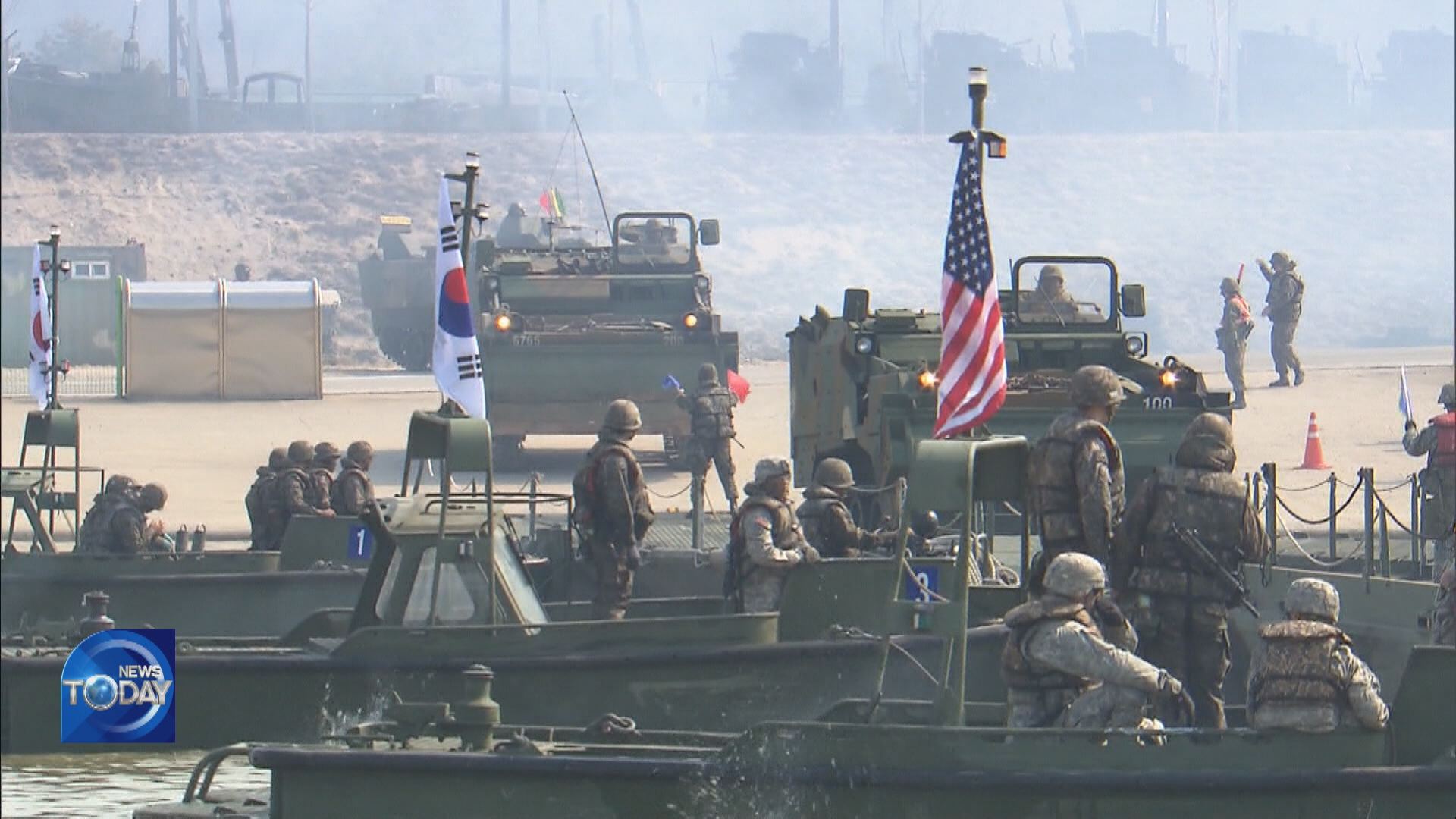
[Anchor Lead]
Concern for security vacuum mounts as a simultaneous relocation for both the Ministry of National Defense and the Joint Chiefs of Staff is soon to take place. This unprecedented situation prompted eleven former chairmen of the Joint Chiefs of Staff to issue a statement staying that it is impossible to move the entire military command communication system in such a short time.
[Pkg]
The relocation of the presidential office makes it inevitable for the Ministry of National Defense, the Joint Chiefs of Staff, and the Capital Defense Command in Seoul to subsequently move or be rearranged. But the biggest concern is that there exists only a comprehensive plan for the Joint Chiefs of Staff to use the Capital Defense Command facilities without a detailed blueprint for subsequent rearrangement of key command facilities. At present, the JCS is equipped with facilities that are capable of overseeing the Navy’s tactical data system and the Air Force’s defense control system. Therefore, how quickly these systems can be moved is a key issue. But the budget for rebuilding these systems hasn’t even been brought up. Furthermore, in case the Capital Defense Command is moved, there needs to be discussions about how to seamlessly run combined military operations through the so-called CENTRIXS-K, the ROK-U.S. classified coalition networks operated by the American military. Military experts point out that a security vacuum might occur, given the time needed for such systems to run in a stable manner. Meanwhile, eleven former chairmen of the JCS issued a joint statement opposing the move. They highlighted that major communication networks such as the MND’s computer network, wartime communications network and the hotline between South Korea and the United States would not function properly. They also criticized that a new C4I system encompassing command, control, communications, computer and intel must be built when the MND and other military units are relocated. They also emphasized that this plan should not be rammed ahead like this.
[Soundbite] Kim Jong-hwan(Former Chair of JCS) : "I like the Yongsan era, but the time and means are wrong. Isn’t it a soldier's duty to be ready to fight in case of war? How can they be ready to fight in such a situation?"
If the JCS’s operation system becomes unstable, a ROK-U.S. combined exercise slated for next month could be disrupted. Also, North Korea has been increasing its missile provocations ahead of the 110th anniversary of Kim Il-sung’s birth in April. This means Seoul must be prepared with airtight defense readiness now more than ever. There are also concerns that such hasty relocation could cause security leaks during facility reconstruction. A former high-ranking official in the Defense Ministry claimed it would be a golden opportunity for foreign agents to infiltrate Korea’s security core and spy on it. There are also concerns that putting the president, the defense minister and joint chiefs of staff in one place could invite focused attacks in case of emergency.
Concern for security vacuum mounts as a simultaneous relocation for both the Ministry of National Defense and the Joint Chiefs of Staff is soon to take place. This unprecedented situation prompted eleven former chairmen of the Joint Chiefs of Staff to issue a statement staying that it is impossible to move the entire military command communication system in such a short time.
[Pkg]
The relocation of the presidential office makes it inevitable for the Ministry of National Defense, the Joint Chiefs of Staff, and the Capital Defense Command in Seoul to subsequently move or be rearranged. But the biggest concern is that there exists only a comprehensive plan for the Joint Chiefs of Staff to use the Capital Defense Command facilities without a detailed blueprint for subsequent rearrangement of key command facilities. At present, the JCS is equipped with facilities that are capable of overseeing the Navy’s tactical data system and the Air Force’s defense control system. Therefore, how quickly these systems can be moved is a key issue. But the budget for rebuilding these systems hasn’t even been brought up. Furthermore, in case the Capital Defense Command is moved, there needs to be discussions about how to seamlessly run combined military operations through the so-called CENTRIXS-K, the ROK-U.S. classified coalition networks operated by the American military. Military experts point out that a security vacuum might occur, given the time needed for such systems to run in a stable manner. Meanwhile, eleven former chairmen of the JCS issued a joint statement opposing the move. They highlighted that major communication networks such as the MND’s computer network, wartime communications network and the hotline between South Korea and the United States would not function properly. They also criticized that a new C4I system encompassing command, control, communications, computer and intel must be built when the MND and other military units are relocated. They also emphasized that this plan should not be rammed ahead like this.
[Soundbite] Kim Jong-hwan(Former Chair of JCS) : "I like the Yongsan era, but the time and means are wrong. Isn’t it a soldier's duty to be ready to fight in case of war? How can they be ready to fight in such a situation?"
If the JCS’s operation system becomes unstable, a ROK-U.S. combined exercise slated for next month could be disrupted. Also, North Korea has been increasing its missile provocations ahead of the 110th anniversary of Kim Il-sung’s birth in April. This means Seoul must be prepared with airtight defense readiness now more than ever. There are also concerns that such hasty relocation could cause security leaks during facility reconstruction. A former high-ranking official in the Defense Ministry claimed it would be a golden opportunity for foreign agents to infiltrate Korea’s security core and spy on it. There are also concerns that putting the president, the defense minister and joint chiefs of staff in one place could invite focused attacks in case of emergency.
이 기사가 좋으셨다면
-
좋아요
0
-
응원해요
0
-
후속 원해요
0










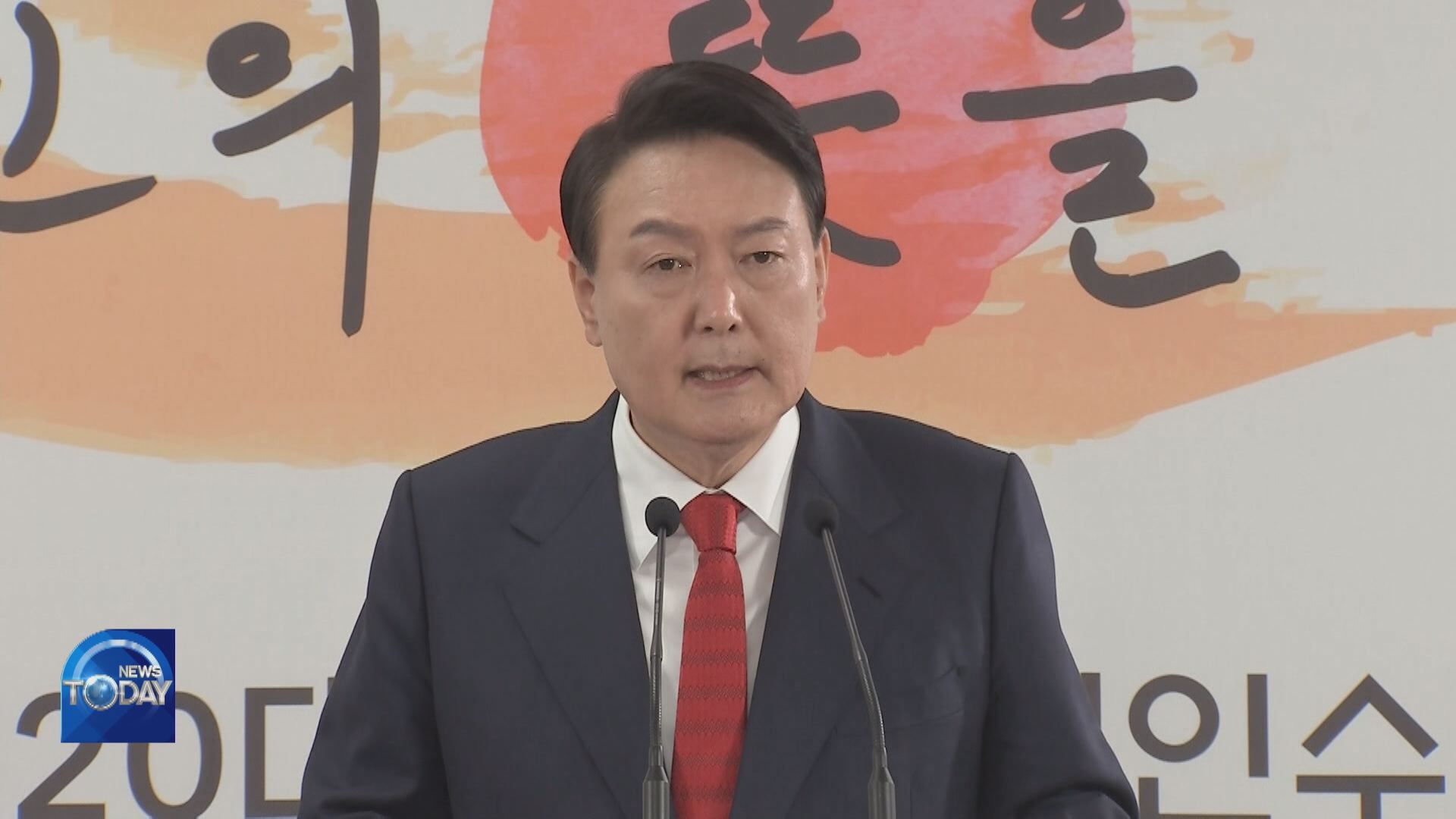
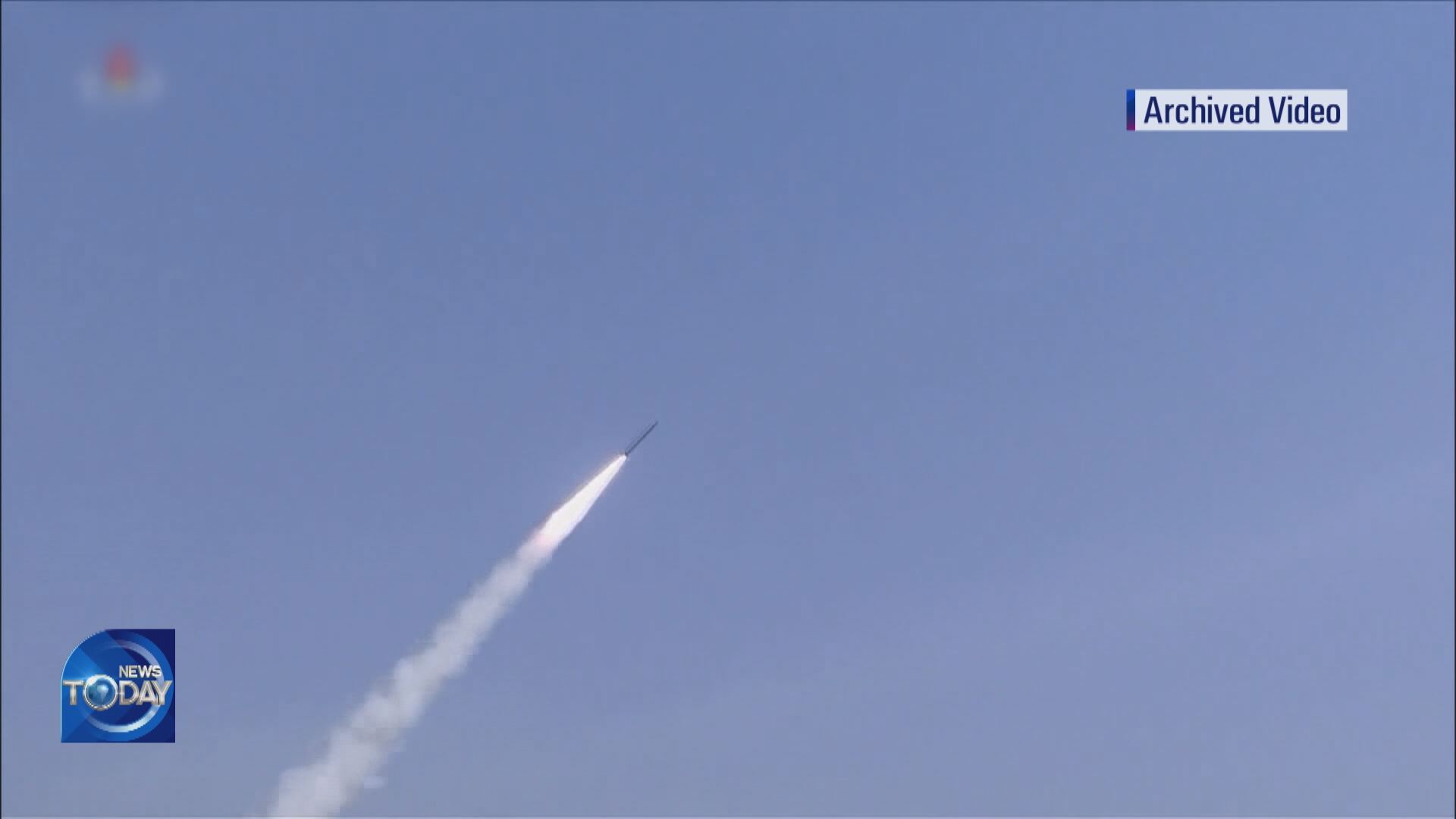
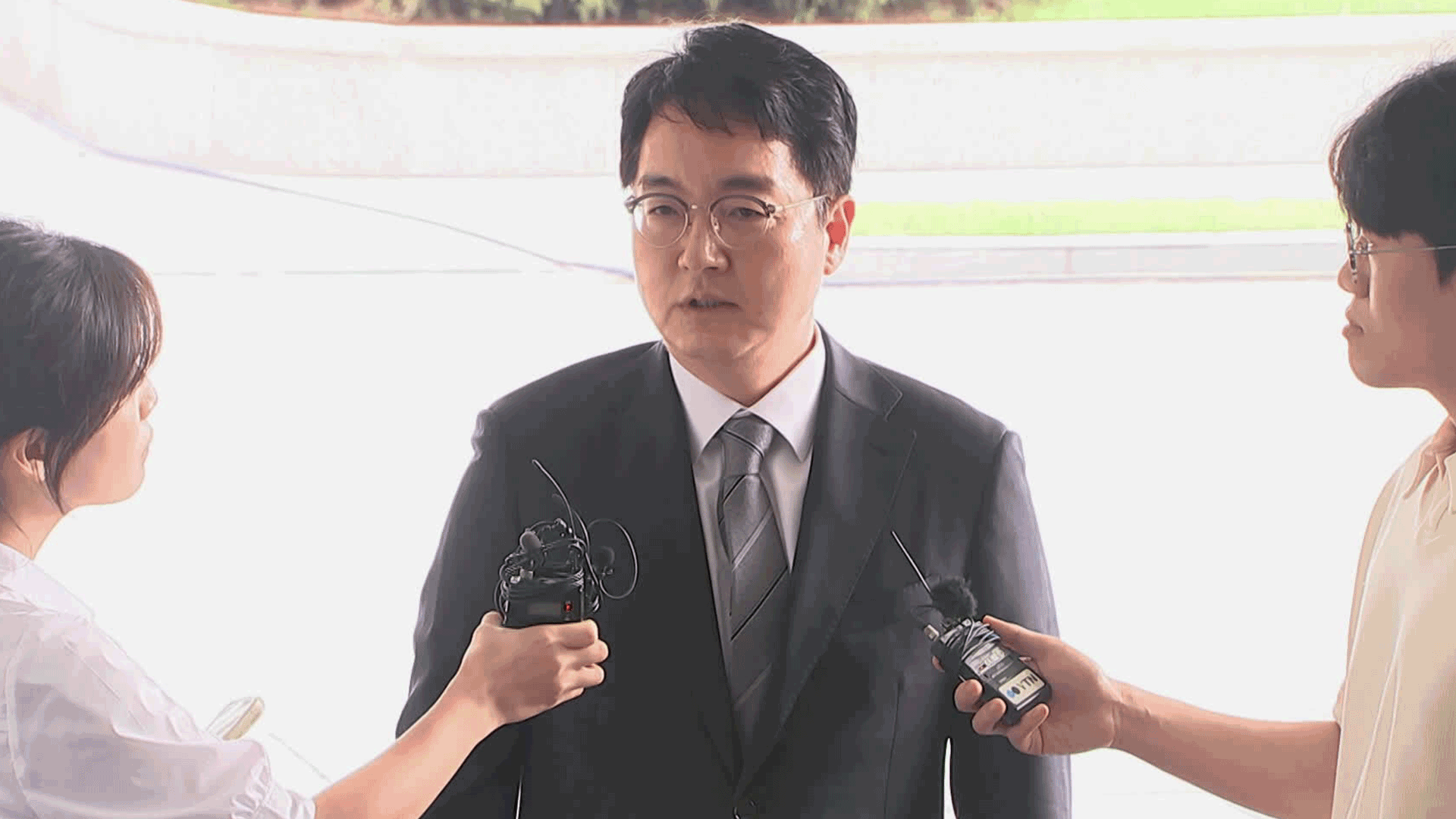
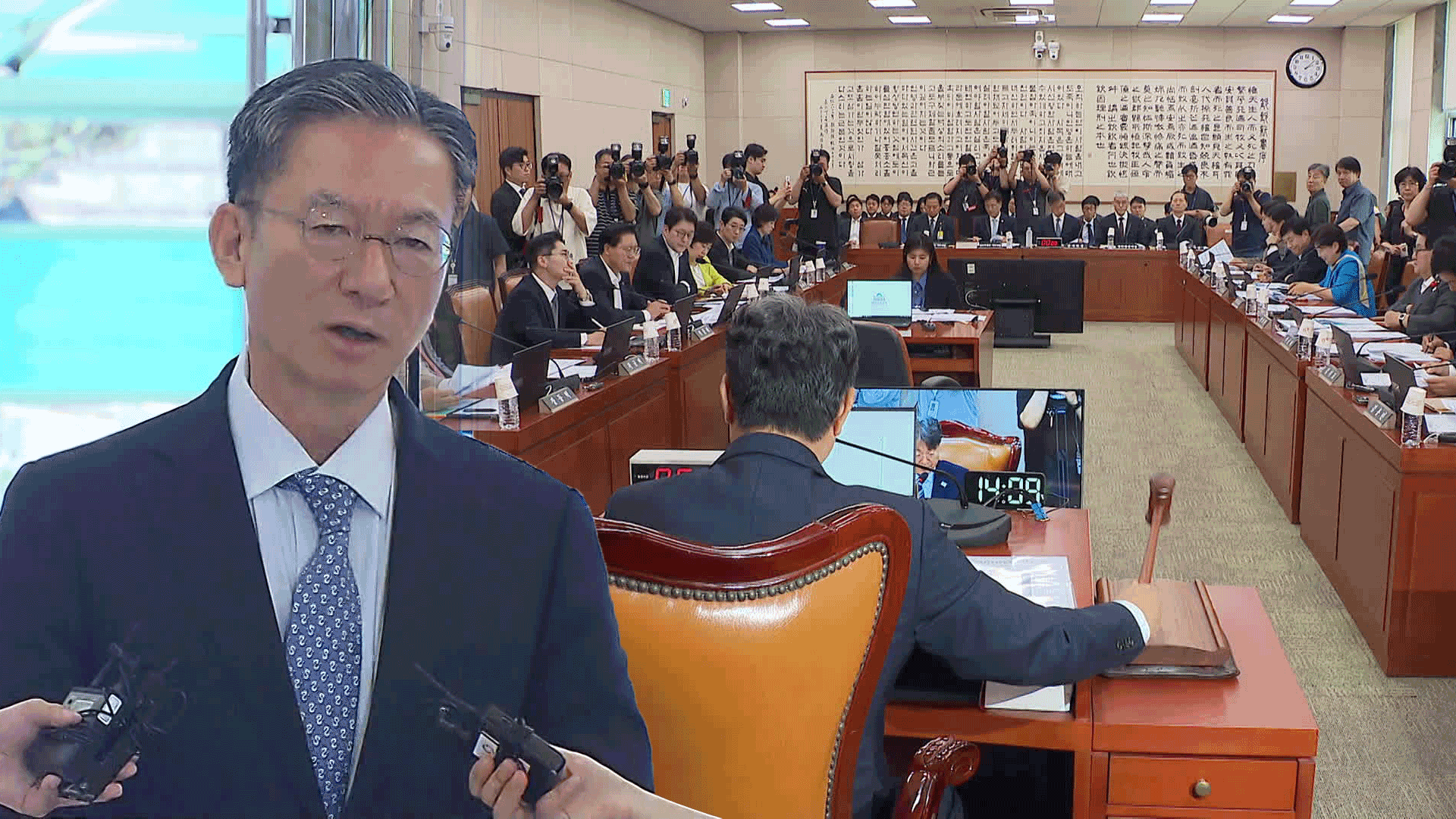
![[단독] 골프연습장 아니라더니<br>…‘한남동 골프연습장’ 도면 입수](/data/news/2025/07/01/20250701_Uh8Jnu.png)
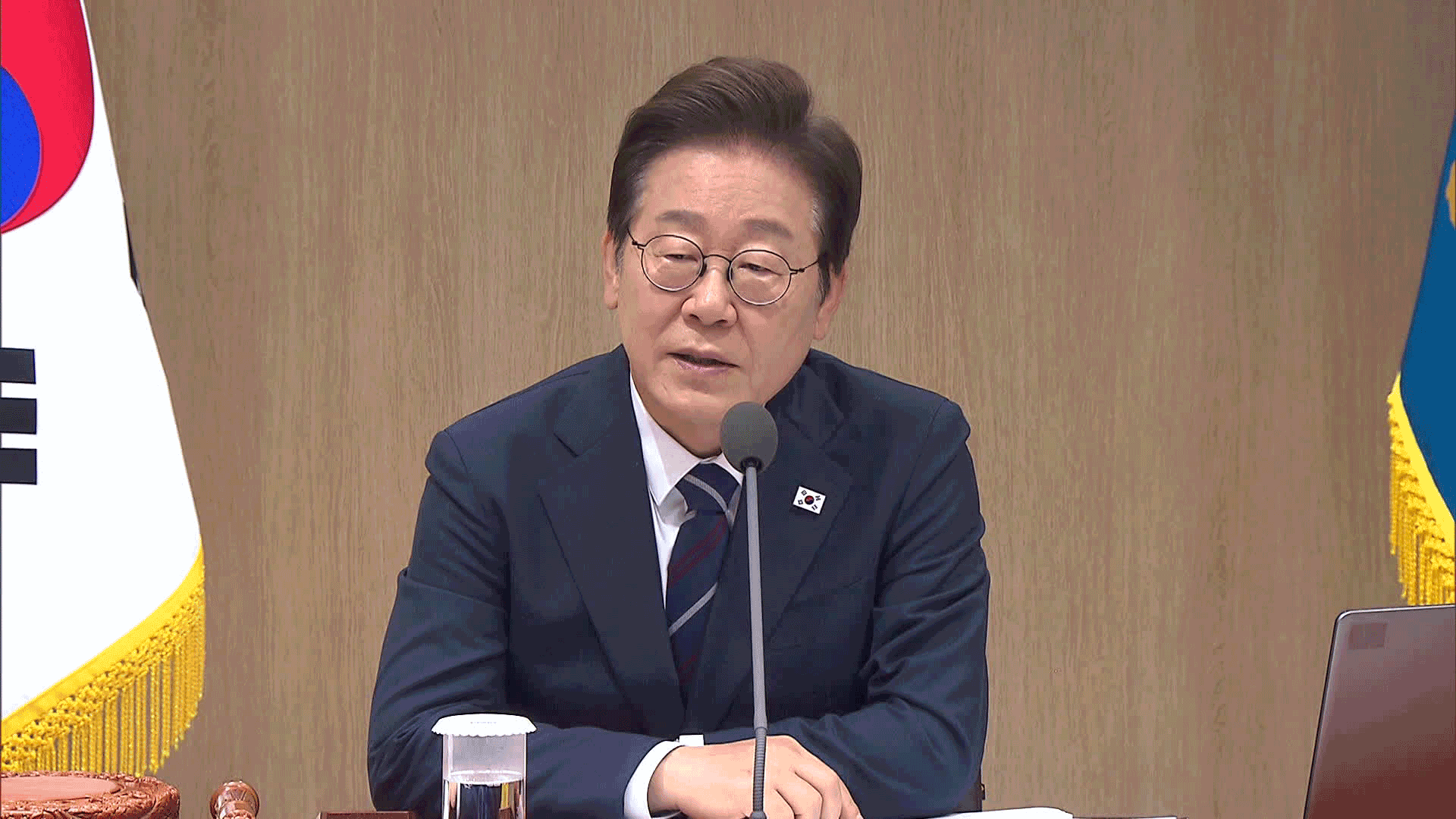

이 기사에 대한 의견을 남겨주세요.